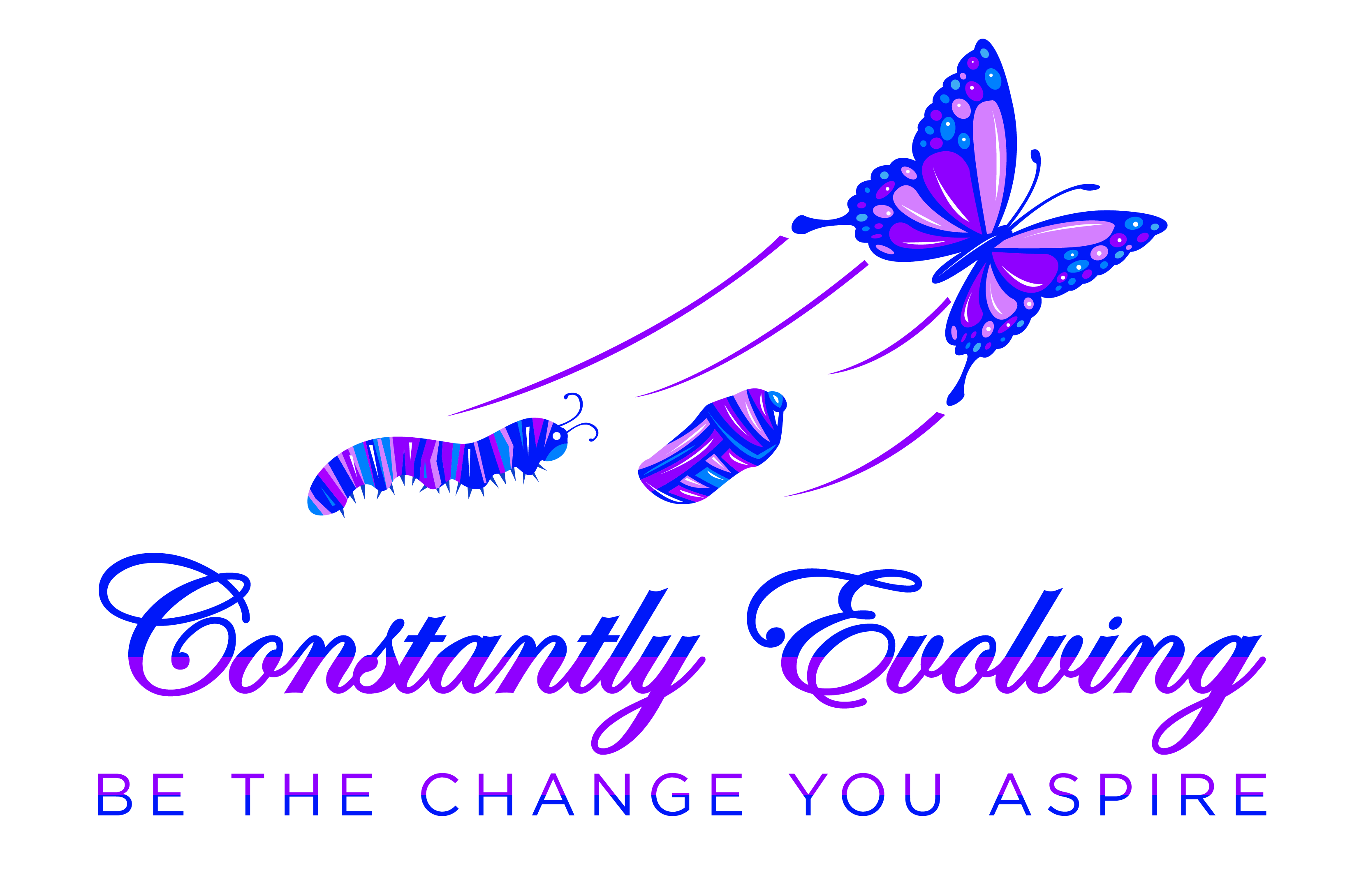Bipolar Disorder
Bipolar Disorder is a mental disorder that causes unusual shifts in mood, energy, activity levels, concentration, and the ability to carry out day-to-day tasks. There are three types of bipolar disorder. All three types involve clear changes in mood, energy, and activity levels. These moods range from periods of extremely “up,” elated, irritable, or energized behavior (known as manic episodes) to very “down,” sad, indifferent, or hopeless periods (known as depressive episodes). Less severe manic periods are known as hypomanic episodes. Hypomanic episodes may make the individual feel exceptionally good and be very productive and they may not feel like anything is wrong. However, family and friends may notice the mood swings and changes in activity levels.
Bipolar I: is defined by manic episodes that last at least 7 days, or by manic symptoms that are so severe that the individual needs immediate hospital care. Usually, depressive episodes occur as well and can last least 2 weeks. Episodes of depression with mixed features (having depressive symptoms and manic symptoms at the same time) are also possible.
Bipolar II: is defined by a pattern of depressive episodes and hypomanic episodes, but not the full-blown manic episodes that are typical of Bipolar I Disorder.
Cyclothymic Disorder: is defined by periods of hypomanic symptoms as well as periods of depressive symptoms lasting for at least 2 years.
Symptoms of Manic Episode:
Grandiose thinking
Feel “jumpy” or “wired”
Increased sleep
Loss of appetite
Pressured speech
Racing and or ruminating thoughts
Engagement in risky behavior that show poor judgment, such as excessive eating /drinking, poor management of money, or reckless sex
Symptoms of Depressive Episode:
Feel slowed down or restless
Trouble falling asleep, wake up too early, or sleep too much
Anhedonia: Loss of pleasure in activities that once provided fulfillment
Have trouble concentrating or making decisions
Feelings of hopelessness
Thoughts of self-harm
Treatment:
Bipolar Disorder can be a combination of several different complementary approaches that work together to reduce symptoms. For one client it may include medication, nutrition, exercise, and mental health therapy. For another client, it may include taking supplements/vitamins, practicing mindfulness, or spending lots of time outdoors in nature.
If you think you may suffer from any of the symptoms mentioned above, let’s work together to discuss your treatment options.

